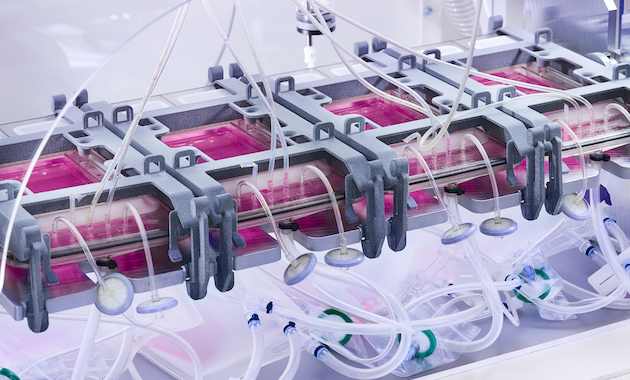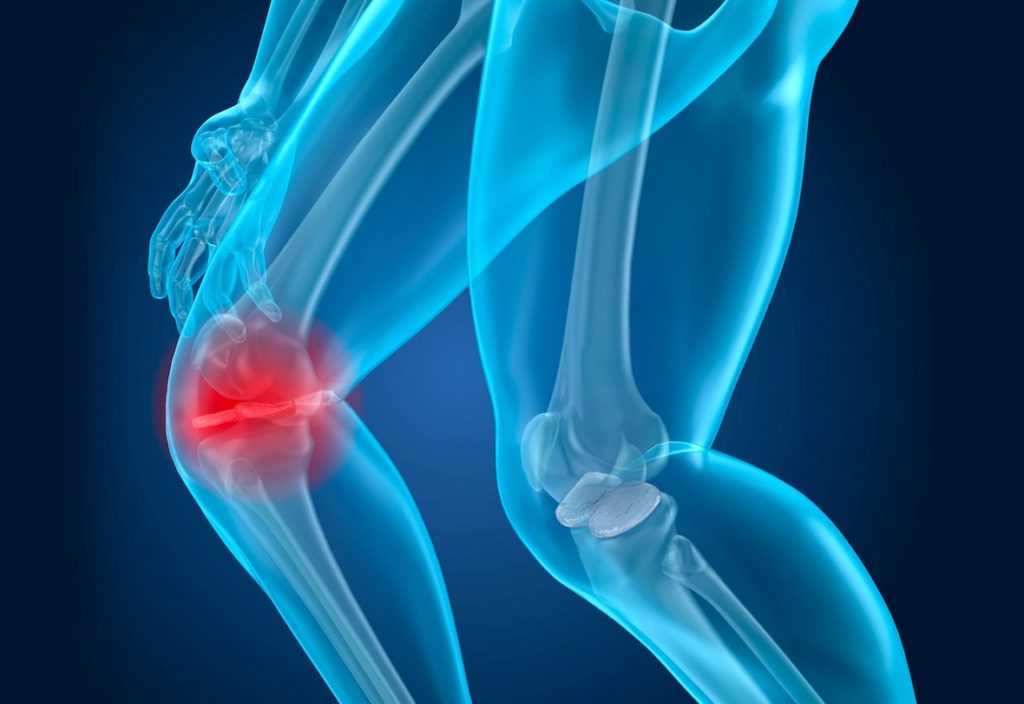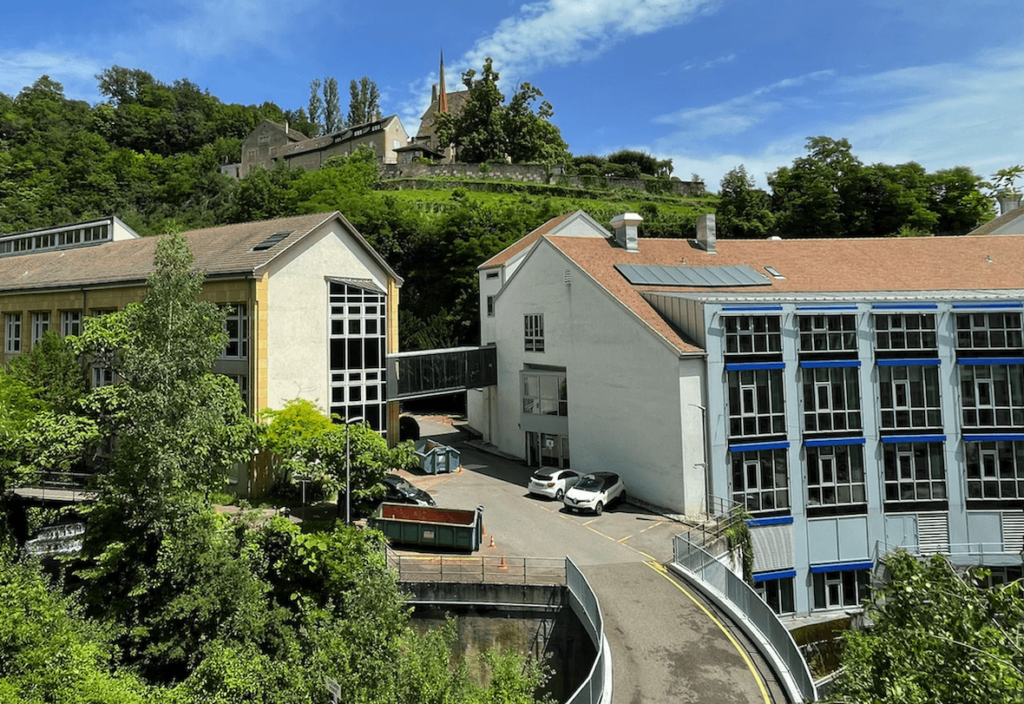
CSEM technology in the world’s first machine to produce human skin tissue
29 June 2021

Developed in collaboration with CSEM, the denovoCast is the world’s first automated machine to produce customized skin tissue grafts for adults and children with severe skin injuries, such as deep burns.
Focused on skin regenerative medicine and tissue engineering, Swiss clinical-stage life sciences company CUTISS has unveiled the denovoCast machine to demonstrate the feasibility of automating the bio-engineered skin manufacturing process, and seeks to revolutionize the current available treatments for severe skin defects.
Awarded a CHF 826’00 Innosuisse grant back in 2019, the denovoCast project is a collaboration between CUTISS and the Neuchâtel-based research and technology organization CSEM. Over the last 18 months, the project developed into an innovative approach for automating the skin engineering process while preserving the quality of the tissue.
“Every year over 11 million people suffer from severe burns which require surgery. Skin is our largest organ, so how do you produce enough skin quickly and affordably to treat these patients ? Together with our partner CSEM, we used technological solutions to develop the denovoCast machine and automate the production of denovoSkin, our personalized skin tissue treatment,” explains Daniela Marino, CEO of CUTISS.
denovoSkin to transform skin surgery
The denovoCast machine produces a particular type of skin tissue called denovoSkin, a bio-engineered and personalized dermo-epidermal skin graft developed by CUTISS.
It is an innovative process involving the growth of new skin using the body’s own tissue as the template. The denovoSkin has a unique features that promise to surpass any current medical treatment for large and deep skin injuries, with potentially life-saving and life-changing outcomes.
CUTISS’s automation program and the development of the denovoCast were possible thanks to funding from the Swiss Innovation Promotion Agency InnoSuisse and the European Union’s Horizon 2020 research and innovation program.

